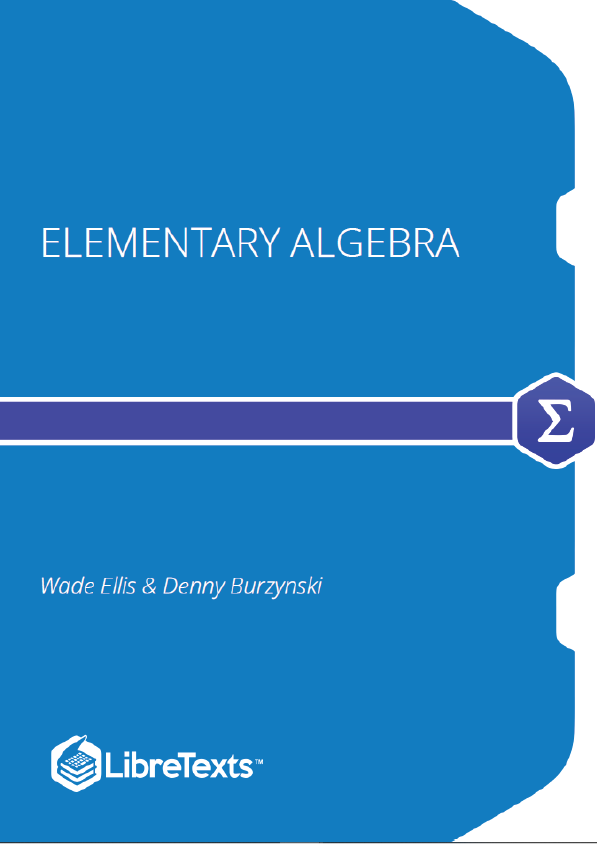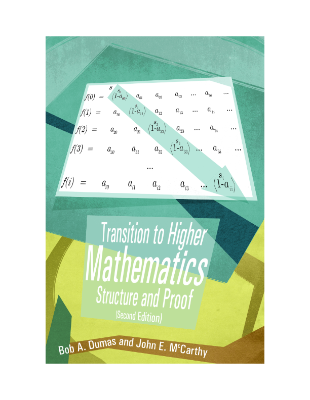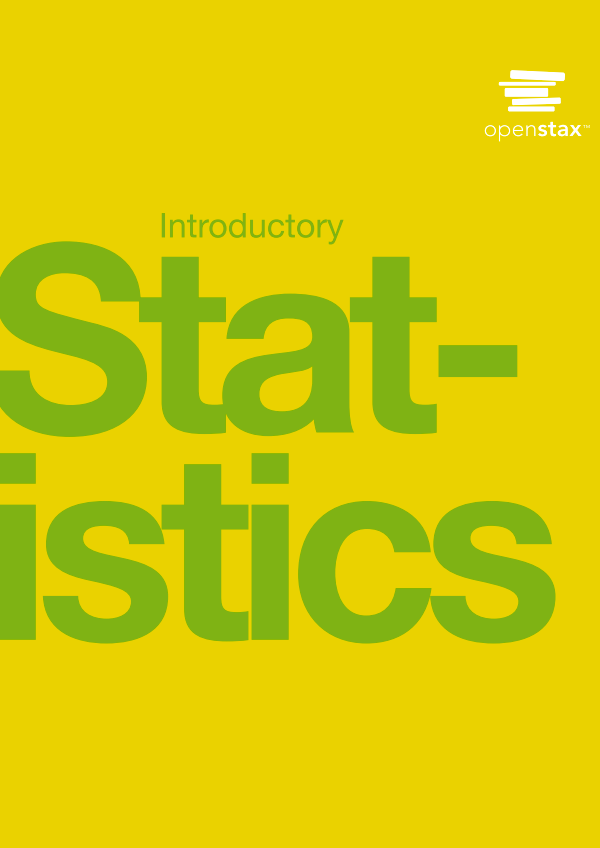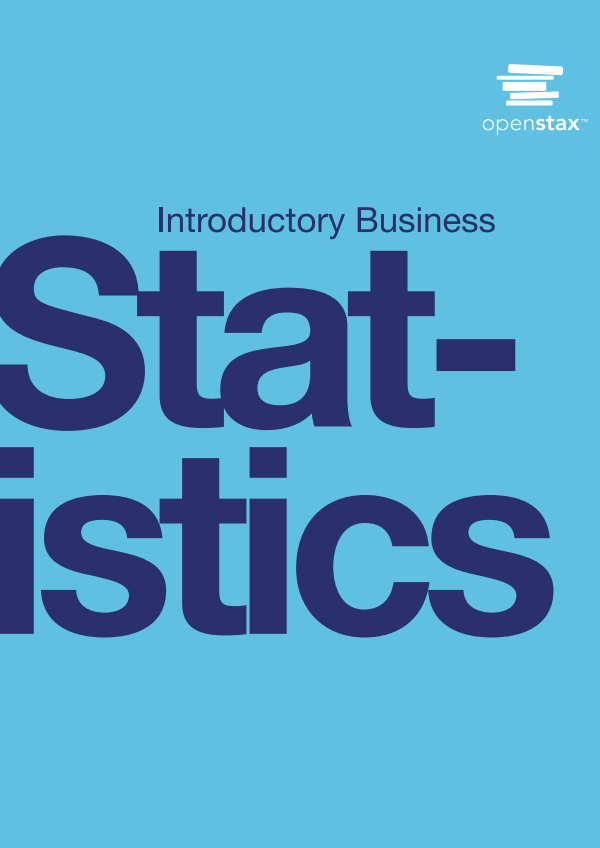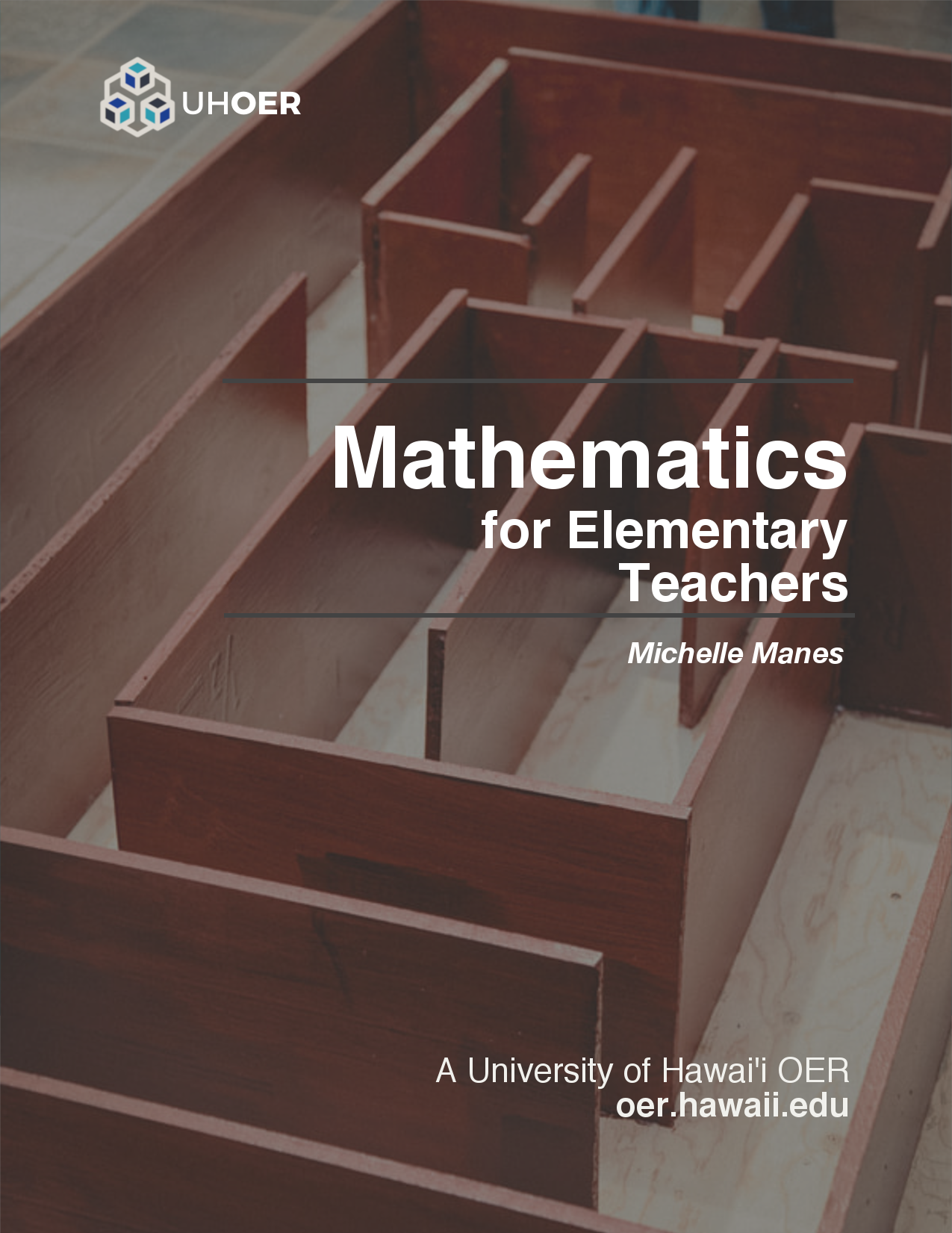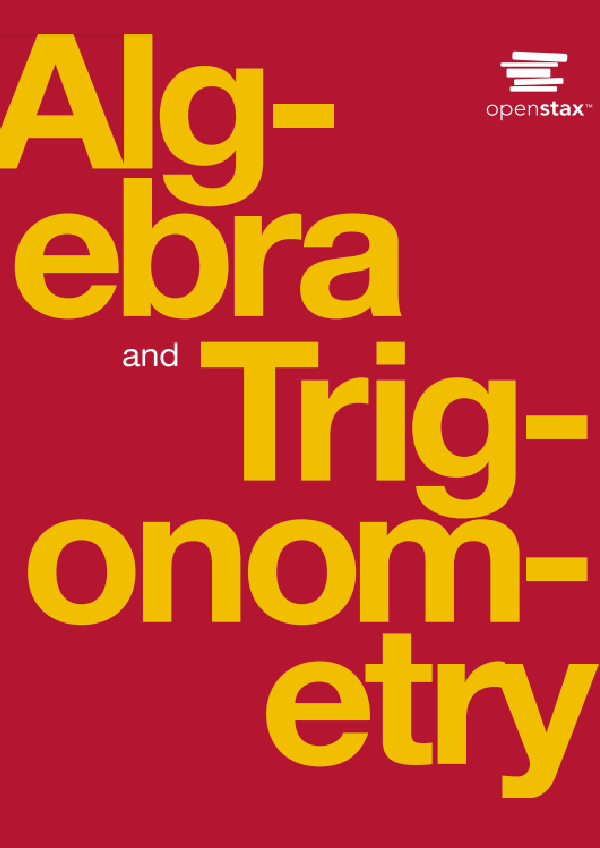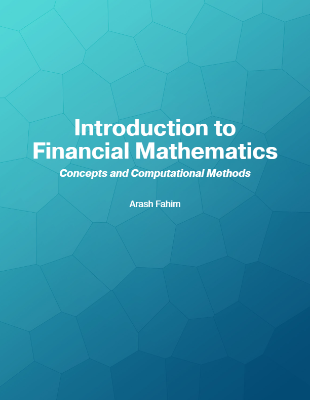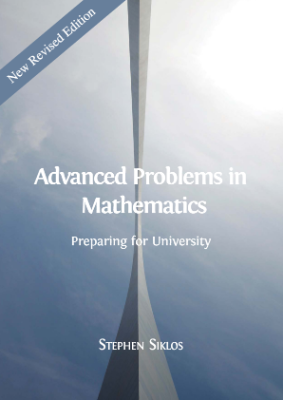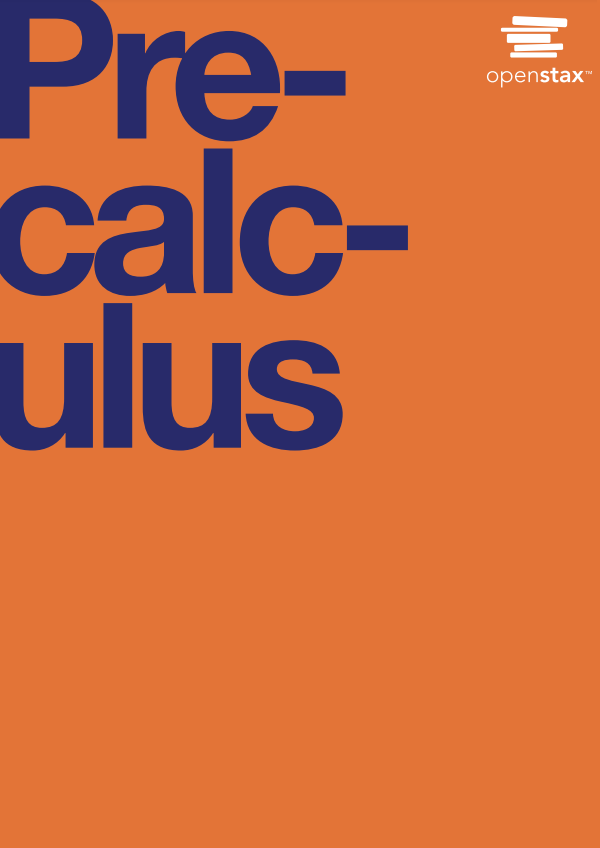Elementary Algebra is a work text that covers the traditional topics studied in a modern elementary algebra course. Use of this book will help the student develop the insight and intuition necessary to master algebraic techniques and manipulative skills. Elementary Algebra is a work text that covers the traditional topics studied in a modern elementary algebra course. It is intended for students who (1) have no exposure to elementary algebra, (2) have previously had an unpleasant experience with elementary algebra, or (3) need to review algebraic concepts and techniques.
This chapter contains many examples of arithmetic techniques that are used directly or indirectly in algebra. Since the chapter is intended as a review, the problem-solving techniques are presented without being developed. If you would like a quick review of arithmetic before attempting the study of algebra, this chapter is recommended reading. If you feel your arithmetic skills are pretty good, then move on to Basic Properties of Real Numbers. However you feel, do not hesitate to use this chapter as a quick reference of arithmetic techniques. The other chapters include Practice Sets paired with Sample Sets with sufficient space for the student to work out the problems. In addition, these chapters include a Summary of Key Concepts, Exercise Supplements, and Proficiency Exams.
Overview
- Prime And Composite Numbers
- The Fundamental Principle Of Arithmetic
- The Prime Factorization Of A Whole Number
Prime And Composite Numbers
- Notice that the only factors of 7 are 1 and 7 itself, and that the only factors of 23 are 1 and 23 itself.
A whole number greater than 1 whose only whole number factors are itself and 1 is called a prime number.
- The first seven prime numbers are 2, 3, 5, 7, 11, 13, and 17
The number 1 is not considered to be a prime number, and the number 2 is the first and only even prime number. Many numbers have factors other than themselves and 1. For example, the factors of 28 are 1, 2, 4, 7, 14, and 28 (since each of these whole numbers and only these whole numbers divide into 28 without a remainder).
A whole number that is composed of factors other than itself and 1 is called a composite number. Composite numbers are not prime numbers.
Some composite numbers are 4, 6, 8, 10, 12, and 15.
The Fundamental Principle Of Arithmetic
Prime numbers are very important in the study of mathematics. We will use them soon in our study of fractions. We will now, however, be introduced to an important mathematical principle.
Except for the order of the factors, every whole number, other than 1, can be factored in one and only one way as a product of prime numbers. When a number is factored so that all its factors are prime numbers, the factorization is called the prime factorization of the number.
